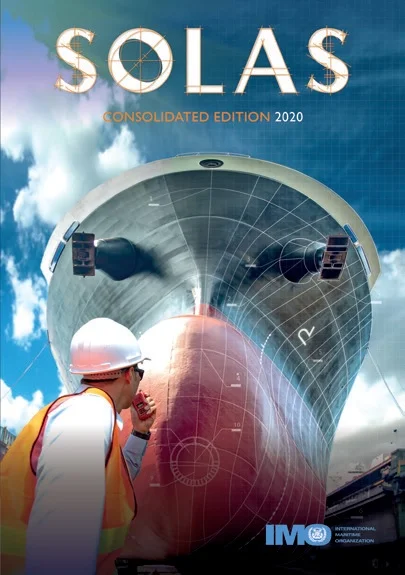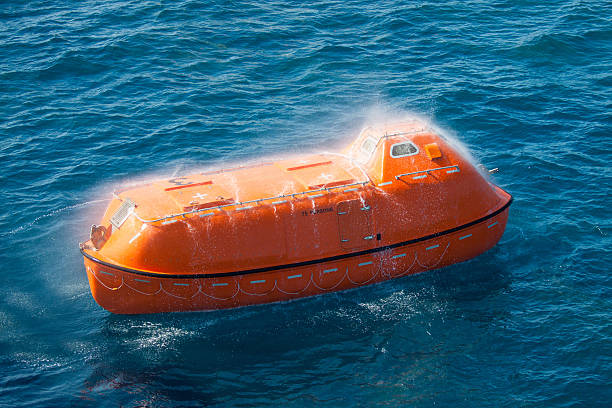SOLAS

An Audit Plan and Survey for compliance with the IMO SOLAS (Safety of Life at Sea) regulations on an FPSO (Floating Production, Storage, and Offloading unit) is essential for ensuring that all safety protocols, systems, and equipment are properly maintained and functioning according to SOLAS standards. The purpose of this audit is to verify that the FPSO complies with international maritime safety requirements to protect the lives of the crew, minimize risk, and ensure the integrity of the vessel.
FPSO SOLAS Requirements
The Audit Plan and Survey for IMO SOLAS compliance on an FPSO ensure that all safety and emergency systems are in place, functional, and in full compliance with SOLAS regulations. Regular audits and surveys help maintain a high level of safety on board, preventing accidents and ensuring that the crew is prepared for emergency situations.

Scope of the Audit:
•Safety management system (SMS) related to SOLAS requirements.
•Inspection and testing of firefighting systems and equipment.
•Lifesaving appliances and evacuation procedures.
•Navigation equipment and safety of navigation.
•Emergency procedures and drills.
•Documentation review and compliance records.
•Compliance with the structural and operational integrity of safety equipment
Audit Checklist to be inspected:
•Firefighting Systems: Fire alarms, fire suppression, fire pumps, extinguishers, and emergency exits.
•Lifesaving Appliances: Life vests, life rafts, lifeboats, emergency breathing devices, and their inspection records.
•Emergency Drills: Frequency, crew participation, and effectiveness of fire, abandon ship, and man-overboard drills.
•Structural Safety: Structural integrity of fireproof materials, barriers, and safety doors.
•Escape Routes and Evacuation: Clear marking of escape routes, maintenance of exits, and readiness of evacuation equipment.
•Crew Training: Verification of training in SOLAS compliance, drills, and safety equipment usage.
Audit Methodology
•Documentation Review: Examine the Safety Management System (SMS), fire safety plans, lifeboat and liferaft servicing records, crew training logs, and previous audit reports.
•Physical Inspection: Check firefighting systems (fire pumps, sprinklers, extinguishers, fixed suppression), lifeboats, life rafts, emergency alarms, escape routes, and navigational equipment.
•Interviews: Speak with key personnel to confirm their understanding of safety procedures, equipment usage, and emergency protocols.
•System Testing: Verify the functionality of critical systems, including firefighting gear, alarms, and emergency power.
•Regulatory Compliance Check: Ensure compliance with relevant SOLAS regulations for FPSOs, confirming proper certifications, inspections, and maintenance of life-saving and firefighting equipment.
Audit Report
Detailed report on findings, including non-compliance issues, corrective actions required, and recommended improvements.
Summary of the current status of safety equipment, crew preparedness, and regulatory adherence.
Action plan with deadlines for corrective actions and retesting of systems if necessary.

